After more than a century of study, science is making real breakthroughs in its understanding of how nicotinamide adenine dinucleotide (NAD) works in cells to preserve cellular health and function, as well as fight disease. First discovered in 1906 through a study on the fermentation of yeast, modern science recognizes that NAD is present in all living cells as an essential coenzyme with a vital role in aiding the cells’ mitochondria to produce energy. NAD affects the body on a cellular level, impacting mitochondrial performance. Learn more about how anti-aging nutrient NADH benefits include helping to fight disease and protect overall health.
What NAD Does
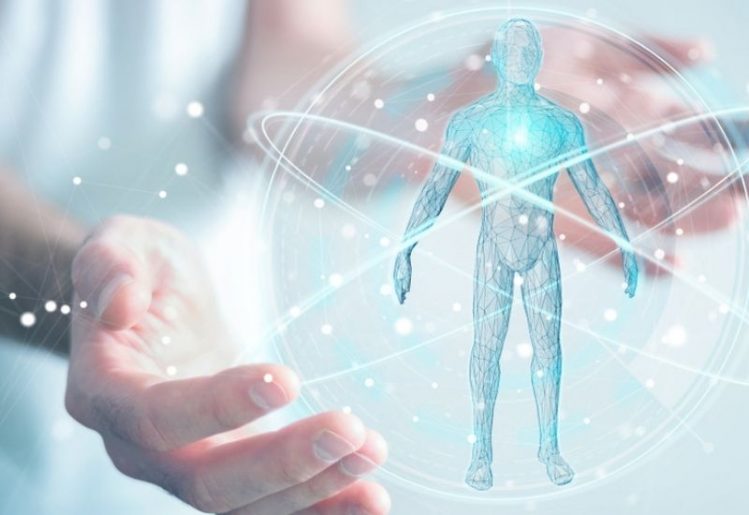 NAD takes two forms, depending on what point in the energy production cycle it is. These two forms are NAD+ and NADH. NAD levels decrease with age, contributing to the mitochondrial inefficiency and deterioration linked to aging and disease processes.
NAD takes two forms, depending on what point in the energy production cycle it is. These two forms are NAD+ and NADH. NAD levels decrease with age, contributing to the mitochondrial inefficiency and deterioration linked to aging and disease processes.
The human body is made up of an amazingly complex set of highly integrated systems that act as a whole. The foundation of all body and mind functions lies in the almost inconceivable number of chemical reactions and electrical impulses that take place in our cells, molecules, atoms and subatomic particles. As an essential coenzyme, NAD acts as a critical partner, or helper molecule, to regulating proteins, called enzymes, facilitating and enabling the chemical reactions that form the base of the life processes and functions of cells. NAD is essential to the processes involved in the generation of energy by the mitochondria due to its dual function of receiving and providing electrons.
Understanding the Forms NAD Takes
NAD is a term used to encompass the two forms it takes (NAD+ and NADH) while giving or receiving electrons during energy production and transfer processes. When NAD is oxidized, it becomes NAD+, with one of its nitrogen atoms having a positive charge. NAD+, in its role in breaking down glucose into usable elements, receives the electrons and hydrogen produced by that metabolic process. The breaking down of glucose involves chemical reactions called redox reactions.
In its coenzyme role, NAD+ has been linked to the function and health of the mitochondria and sirtuins, which help regulate cellular metabolism and a cell’s response to various types of cellular stress, including oxidative stress. Sirtuins have been linked to the aging process and longevity, as well as some disease processes, including many of those related to the metabolic system and inflammation.
When NAD+ receives hydrogen and two electrons, it shifts into its high energy form, NADH. This is the NAD form that transports and donates electrons, giving it a critical role in energy production. After donating its electrons, eventually NADH is converted to NAD+ again. During the glucose metabolism process, each molecule of glucose yields two NADH molecules. The ratio of NAD+ to NADH tends to skew toward NADH because NAD+ levels go down as we get older. Science has not yet confirmed the ideal ratio between the two, but do theorize that disruptions of that ratio can contribute to aging and disease processes.
How NADH Benefits Health and Well-Being
NAD, via its two forms – NAD+ and NADH – impact health and well-being in a variety of ways. The role of NAD in metabolizing glucose and receiving, transporting and donating electrons is critical to life itself. However, its role in health extends well beyond that vital function. NAD+ and NAHD benefits have been getting a lot of attention from scientists specializing in anti-aging and aging-related disease prevention. That’s not surprising considering the connection between mitochondrial deterioration and aging.
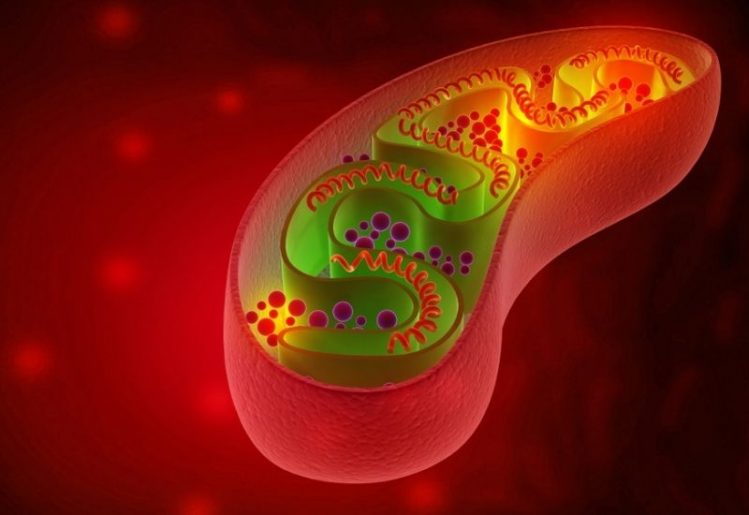 In animal studies and test tube studies done with human muscle tissue, increasing NAD+ has been shown to improve age-weakened muscles. This is thought to relate to the impact of the increased NAD+ and NADH on mitochondrial health. Studies have connected the use of NAD supplements to a number of health benefits relating to the role of this substance in mitochondrial energy production.
In animal studies and test tube studies done with human muscle tissue, increasing NAD+ has been shown to improve age-weakened muscles. This is thought to relate to the impact of the increased NAD+ and NADH on mitochondrial health. Studies have connected the use of NAD supplements to a number of health benefits relating to the role of this substance in mitochondrial energy production.
These NADH benefits include better cognitive performance, improved circadian rhythm regulation, reduced fatigue, decrease in symptoms in those suffering from chronic fatigue syndrome, healthier skin and protection against age-related vision problems. Some studies show a link between NAD+ levels and better cardiovascular health.
NAD has a vital role in many essential processes that protect health and well-being. Among these are DNA repair, oxidative stress mitigation on a cellular level and metabolic efficiency. As the body of information grows concerning the function of NAD+ and NADH, scientists are looking at how to translate this new information into effective treatments for such diseases as Alzheimer’s and dementia, as well as developing effective strategies to protect against the diseases and physical frailties associated with aging.
New Knowledge Builds Upon Old
While much of the newest knowledge concerning NAD+ and NADH benefits is based on animal studies, it is built upon a foundation of older knowledge that goes back more than 100 years. This value of this vital coenzyme has long been recognized for its critical role in overall health and well-being.
Vital to cellular energy and function, NAD+ and NADH support health at the most foundational levels. NAD supports DNA health and function, the energy producing metabolic system and is firmly linked to the aging process via its coenzyme action in relation to sirtuins. If you choose to use supplements to boost NAD+, do your research and choose a high-quality, fully bioavailable supplement.
 It is normal to
It is normal to  Although you want to take care to protect yourself from the sun’s harmful UV rays, a healthy amount of vitamin D will support the mitochondrial oxidative capacity in the body’s muscles.
Although you want to take care to protect yourself from the sun’s harmful UV rays, a healthy amount of vitamin D will support the mitochondrial oxidative capacity in the body’s muscles.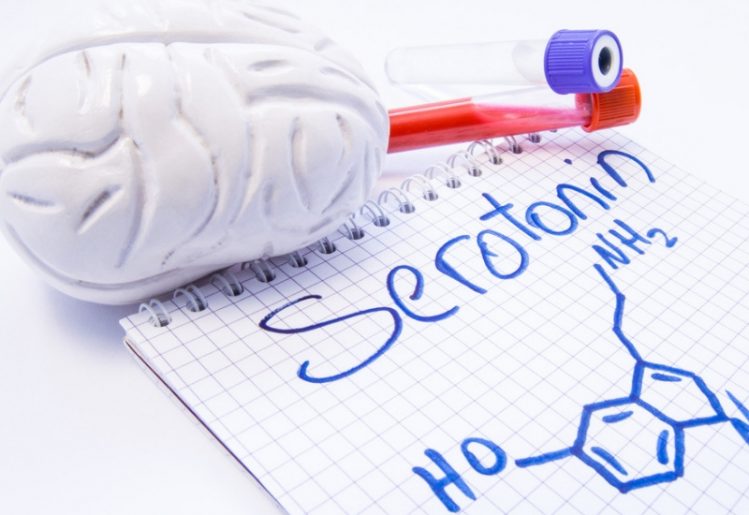 Because tryptophan is found in a number of foods we eat all year long, it can’t be said that eating turkey is any more likely to cause sleepiness than eating other foods. On holidays like Thanksgiving, in all likelihood it’s the high amount of fats, sugar and carbs in the meal that are zapping your energy — not the turkey. Even so, the tryptophan in turkey does play an important role in human health, and eating turkey on Thanksgiving can benefit you in a few different ways.
Because tryptophan is found in a number of foods we eat all year long, it can’t be said that eating turkey is any more likely to cause sleepiness than eating other foods. On holidays like Thanksgiving, in all likelihood it’s the high amount of fats, sugar and carbs in the meal that are zapping your energy — not the turkey. Even so, the tryptophan in turkey does play an important role in human health, and eating turkey on Thanksgiving can benefit you in a few different ways.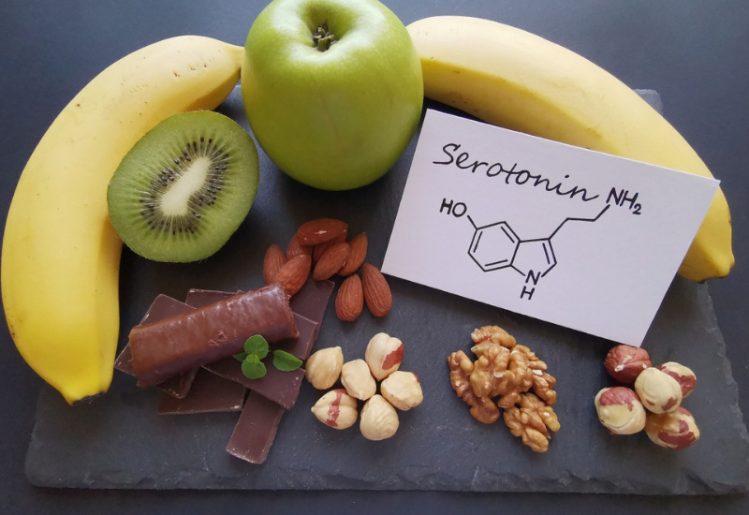 While there are many more natural foods that provide serotonin, eating these foods actually won’t increase serotonin levels in your brain. This is because serotonin is unable to cross the blood-brain barrier once ingested, so it will never make it to the parts of the brain that need the hormone. The truth about tryptophan is that it’s vital for the production of serotonin, since it is able to cross the blood-brain barrier. Once there, it begins contributing to the production of serotonin. Therefore, to ensure adequate serotonin levels in the brain, it’s necessary to eat foods that are rich in tryptophan, such as most types of meat.
While there are many more natural foods that provide serotonin, eating these foods actually won’t increase serotonin levels in your brain. This is because serotonin is unable to cross the blood-brain barrier once ingested, so it will never make it to the parts of the brain that need the hormone. The truth about tryptophan is that it’s vital for the production of serotonin, since it is able to cross the blood-brain barrier. Once there, it begins contributing to the production of serotonin. Therefore, to ensure adequate serotonin levels in the brain, it’s necessary to eat foods that are rich in tryptophan, such as most types of meat.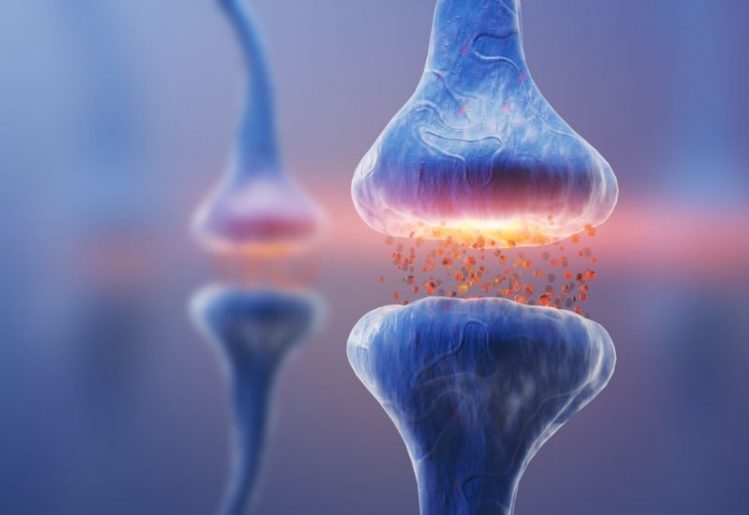 Like many B vitamins, vitamin B6 is best known for its
Like many B vitamins, vitamin B6 is best known for its  Because vitamin B6 is important to the manufacture of serotonin, it is best taken when we first awake in the morning. We sleep more soundly and dream best when our serotonin levels are low. On the other hand, we benefit from a boost of serotonin during the day. Taking B6 as well as other energy-promoting vitamins in the morning just may give you the extra energy and mood boost that you need to get the day to a pleasant and productive start.
Because vitamin B6 is important to the manufacture of serotonin, it is best taken when we first awake in the morning. We sleep more soundly and dream best when our serotonin levels are low. On the other hand, we benefit from a boost of serotonin during the day. Taking B6 as well as other energy-promoting vitamins in the morning just may give you the extra energy and mood boost that you need to get the day to a pleasant and productive start. Eating more dietary fiber is a well-studied way to maintain a healthy weight. Sufficient intake of dietary fiber helps to stave off hunger, slow the absorption of sugar and may even prevent some calories from being absorbed.
Eating more dietary fiber is a well-studied way to maintain a healthy weight. Sufficient intake of dietary fiber helps to stave off hunger, slow the absorption of sugar and may even prevent some calories from being absorbed.  Long used as a medicine in Asian culture, java tea is quickly becoming popular in the West for its benefits in healthy weight maintenance. Java tea may soon be one of the most important natural remedies for achieving a healthy weight.
Long used as a medicine in Asian culture, java tea is quickly becoming popular in the West for its benefits in healthy weight maintenance. Java tea may soon be one of the most important natural remedies for achieving a healthy weight.  Green tea is recommended for a number of reasons. It’s especially helpful in promoting healthy cell growth. It also supports overall health because its antioxidant properties can protect against free radicals and oxidation in the body. It’s also a natural stimulant that supports healthy fat metabolism. Due to its diuretic actions, green tea also stimulates urine production, which means it can help alleviate bloating and excessive water retention.
Green tea is recommended for a number of reasons. It’s especially helpful in promoting healthy cell growth. It also supports overall health because its antioxidant properties can protect against free radicals and oxidation in the body. It’s also a natural stimulant that supports healthy fat metabolism. Due to its diuretic actions, green tea also stimulates urine production, which means it can help alleviate bloating and excessive water retention. If your purpose for drinking diet soft drinks is to lower your blood sugar levels, you’re only contributing to the problem. Sweeteners like aspartame promote the growth of enterobacteriaceae, harmful bacteria that boost glucose levels.
If your purpose for drinking diet soft drinks is to lower your blood sugar levels, you’re only contributing to the problem. Sweeteners like aspartame promote the growth of enterobacteriaceae, harmful bacteria that boost glucose levels.